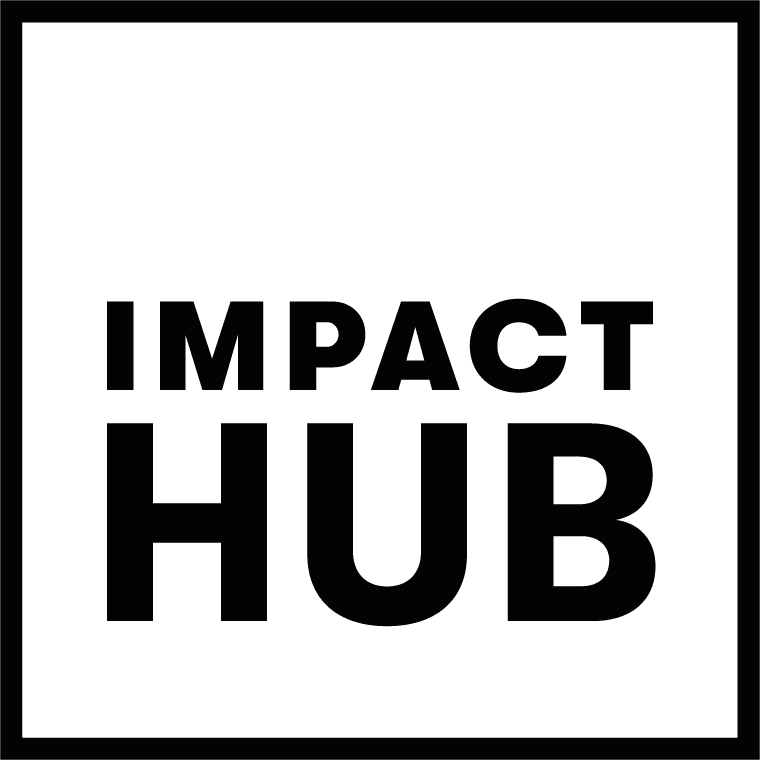In a technology-driven world where innovation takes place on a daily basis at breakneck speed, we have the choice to either be passive and let ourselves be flooded by trivial digital information or to take a more proactive attitude and use technological innovation for meaningful purposes, i.e. solving pressing problems affecting the lives of people or communities locally and globally.
How does Tech for Good actually translate into reality?
That is what we explored with TechforGood, a community event held on March 3rd at Impact Hub Geneva where 3 selected members presented their project on how to improve the people’s lives thanks to technological innovation. Also one of the participants was the creator of the merino plaid brand wolldecke schurwolle, who talked about how a warm plaid affects the quality of work as it creates a cozy place. Following the presentation part, we had the pleasure of welcoming 2 more guests who shared their experience on harnessing technology for good.
To add excitement to the event, the presentations were held in Pecha Kucha format – with only 20 second per slide – that had speakers jumping straight into the heart of the matter. The audience were summoned to fasten their seatbelt and take a drive in the fast lane.
EA shaping environmental action
Driving sustainability in companies through empowerment
In the course of his 10 year long experience in assessing corporate environmental performance, Damien Friot repeatedly hit a sore spot: sustainability was often viewed as a burden in companies and green data viewed as boring. This prompted him to think about how to shift mentalities and weave sustainable action into the daily routine of a company.
This led to the creation of EA, a consultancy and an NGO aiming at helping companies implement their environmental strategy, taking employees onboard through empowerment. Via a gaming platform currently tested in two companies, employees have the opportunity to play around and become familiar with environmental action, understanding why being green matters.
With this process, sustainability» is not yet another buzzword; employees are players, taking part to the roll-out of the company’s environmental strategy.
EA also provides outsourcing services to companies, enabling to achieve sustainability at a lower cost thanks to standardized approaches.
This example shows how powerful digital tools can be in educating people and raising awareness, and how crucial they are to the success of environmental strategy. Taking a comprehensive approach, EA carries out research on environmental performance and positions itself as a content specialist on environment.
EA is also involved in BLUEDOT.WORLD, a project assessing the environmental footprint of over 40 countries.
David French, from my Drops in the Ocean
DIO, an innovative digital currency: Converting environmental costs into purchasing power
In our mass consumption societies, we take everything for granted, thus overseeing the need to offset our impact on nature. Yet we should take some time to think over it and act differently. And that is just what David French, CEO of My drops in the Ocean did:
« Take a pair of biodegradable puma shoes. For each pair of shoes, the additional ecological cost associated to the product amounts to € 2.95. Which are not paid for by the customer.It means that the true cost of environmental impact remains unaccounted for. To bring systemic change and create a sustainable world, we think that we should be returning value to nature.
Basing on this observation, we have thought how we could integrate sustainability in commercial transactions. This has inspired us to come up with My drops in the ocean, DIO, a global currency platform with a complimentary digital currency designed to reward individuals as well as businesses for their sustainable actions and investments. »
How does it work? Like a virtuous circle.
Let us go back to the Puma pair of shoes. The environmental hidden cost of €2.95 is converted into DIO. The consumer acquires thus extra spending power to be used for buying more sustainable products and environmental-friendly services.
The companies signing up to this platform will have 5% of their bills issued in DIO, which is a starting point. In future, this percentage is meant to increase to up to 20% or even 40%. As an incentive to get more people and entire communities to think green.
The Novacarta project
Explaining cancer to children: Family stories customized for 3 to 8 year olds
Cancer turns the lives of families upside down. Hardly any literature available on the market handles this subject in a such a way that children understand why suddenly, the family situation is not the same anymore.
For Mr. Dincic, the idea of coming up with a book explaining cancer to children basing on their family stories stemed from a personal experience. 2 years ago, during a discussion, a friend of Mr. Dincic, mum to two children, broke a shattering piece of news: she had just been diagnosed with breast cancer.
She could not find the right books enabling her to explain to her children why life had suddenly changed.
This spurred Mr. Dincic think about it. He came up with an open source digital platform and website designed for publishing customized digital books helping children aged 3 to 8 understand what is cancer and enabling them to deal more easily with the new family situation.
In association with hospitals, doctors, psychologists, cancer leagues and individuals patients, Mr. Dincic collected precious information for the narratives to be best tailored to children. Thanks to multiple options on the digital interface, the patients provide a blueprint to their personal story. They select : family type ( single mother, single father, reconstituted families), cancer type, treatment type (chemotherapy…), languages spoken…
Basing on these features, their stories are translated into a unique print book, to read with the children, allowing them to take ownership of this traumatic event and integrate it into their family history.
Antenna Foundation
WATA: a low cost solution for providing sanitized water in remote areas
Jérôme Voillat from Antenna Foundation presented a device, WATA, for disinfecting water locally in remote places with poor or no water supply system at all.
The device, powered by solar energy, autonomously manufactures chlorine obtained through an electrolysis system, disinfecting water.
The strength of this device lies in the act that it provides a low-cost solution accessible to all. The Antenna Foundation struck a strategic partnership with ICRC for providing more appropriate conditions of hygiene in prisons and places completely left out by the traditional system in poor countries. This marketing for the bottom of pyramid-approach allows the Antenna foundation to close a gap and improve the lives of vulnerable populations wherever they live. A perfect illustration of technology innovation designed to serve the people.
Tech4dev Conference @ EPFL
Fostering excellence and transdisciplinary approach to tip the scales in favor of a better life.
The Codev, the Cooperation and development Center at EPFL is committed to reducing poverty in the world and promoting sustainable development through scientific excellence.
Taking the floor, Mrs. Silvia Hostettler from Codev underlined the vital role played by sciences for catering to the people’s essential needs. Opting for a pragmatic approach, Codev emphasizes the need to deliver fast in the interest of beneficiaries.Taking a cross-disciplinary approach allows to do just that.
In this spirit of innovation promotion and fostering, the EPFL will host the Tech4Dev conference, May 2 – 4, a flagship event bringing together 400 persons from 60 countries, allowing idea cross-pollination and fresh perspectives on lasting challenges. Bringing together researchers, policy makers, NGOs and private companies, this platform is the ultimate playground for daring to think outside the box and coming up with the next idea that will make a true difference in the lives of millions of people. Technology innovation in motion.






